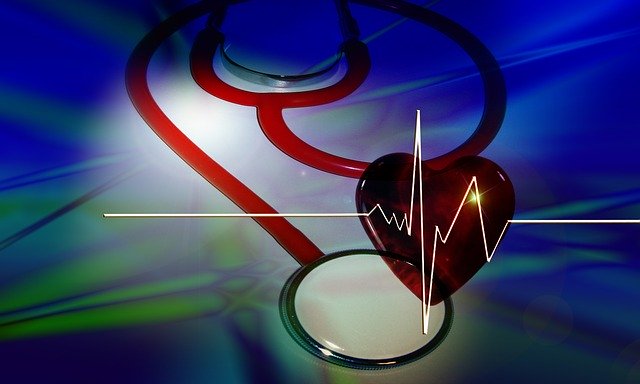Having a vitamin D deficiency is deadly for many diseases and now there may be a correlation between vitamin D and atrial fibrillation.
A study published in the Nutrition Journal examined the relationship between vitamin D and atrial fibrillation. Their report includes thirteen studies from 2011 to 2018 with 6,519 cases of atrial fibrillation and 74,885 participants.
One study showed that vitamin D deficiency promotes atrial fibrillation by activating the renin-angiotensin-aldosterone (RAAS) system. It is responsible for the structural and electrical wiring of the atrium. Mainly it is a hormone system responsible for controlling blood pressure and electrolyte balance. If it’s too active then you will have high blood pressure. Vitamin D negatively affects the RAAS. Also, vitamin D has antioxidant properties that reduce oxygen free radicals in the atria. These oxygen free radicals are responsible for inflammation and arrhythmia in the heart. Serum vitamin D levels were lower in those where atrial fibrillation occurred than in those where it did not occur. Serum vitamin D per 10ng/ml increase was associated with decreased postoperative atrial fibrillation. Vitamin D deficiency led to an increased risk of atrial fibrillation by 23%. Inadequate levels of vitamin D increased the risk of atrial fibrillation by 14%. This shows a correlation between vitamin D and atrial fibrillation.
Sunlight exposure is the primary way humans produce vitamin D. However in the north from November to March, there is not enough UV-B rays for vitamin D production. Also called the sunshine vitamin, vitamin D can be found in fatty fish like salmon and mackerel. Almond milk, other meat such as pork, egg yolk, and fortified orange juice also contains vitamin D. The amount of vitamin D required on a daily basis is a recommendation of 600 IU. Vitamin D is a fat-soluble steroid that increases the absorption of calcium, magnesium, and phosphorus. In these studies, lower vitamin D levels have been found in people with acute myocardial infarction, stroke, heart failure, and cardiovascular disease.
Vitamin D is essential for preventing cardiovascular disease. It also helps the immune system stay healthy and protects against infections. According to this study, there seems to be a correlation between vitamin D and atrial fibrillation. While more research is required, vitamin D intake should be taken seriously. Vitamin D deficiency is becoming a problem in some communities and could lead to a burden on the healthcare system.
Written by Katrina F. Zafer, BSc
References
- Liu, X., Wang, W., Hong, K. (2019) The Relationship Between Vitamin D and Risk of Atrial Fibrillation: A Dose-response Analysis of Observational Studies. Nutrition Journal.
- The Mayo Clinic – https://www.mayoclinic.org/diseases-conditions/atrial-fibrillation/symptoms-causes/syc-20350624
- Dietitians of Canada – https://www.dietitians.ca/getattachment/464f3006-0bb2-4f1a-a338-0b21d148bacb/FACTSHEET-Food-Sources-of-Vitamin-D.pdf.aspx
Image by Gerd Altmann from Pixabay



